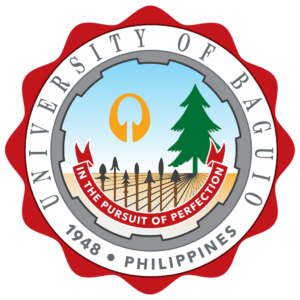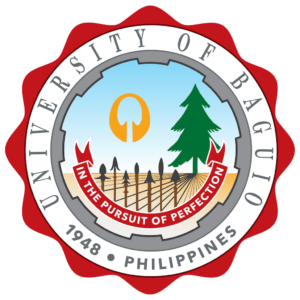Program Educational Objectives
The BSMLS program prepares the students to achieve career and professional growth within three to five years, as it provides a foundation for the graduates to:
- develop the knowledge, skills, professional attitude, and values in the performance of clinical laboratory procedures needed to help the physician in the proper diagnosis, treatment, prognosis, and prevention of diseases;
- acquire critical thinking skills in Medical Technology / Medical Laboratory Science;
- engage in research and community-related activities;
- participate in activities related to promoting the profession and actively engage in life-long learning undertakings; and
- develop collaborative and leadership qualities
Program Outcomes
A Bachelor of Science in Medical Laboratory Science graduate should be able to:
- demonstrate technical competence in the performance of clinical laboratory tests in aid of diagnosis, treatment, and management of diseases vis-à-vis biosafety and waste management;
- demonstrate analytical and critical thinking skills in the workplace
- engage in the collection, analysis, and projection of health information for improving the health care management system;
- demonstrate inter-personal skills, leadership qualities, and ethical practice of the profession
- apply research skills in relevant areas of Medical Technology/Medical Laboratory Science practice
- participate in community-oriented activities
- engage in life-long learning activities;
- demonstrate effective teaching and communicating skills.


